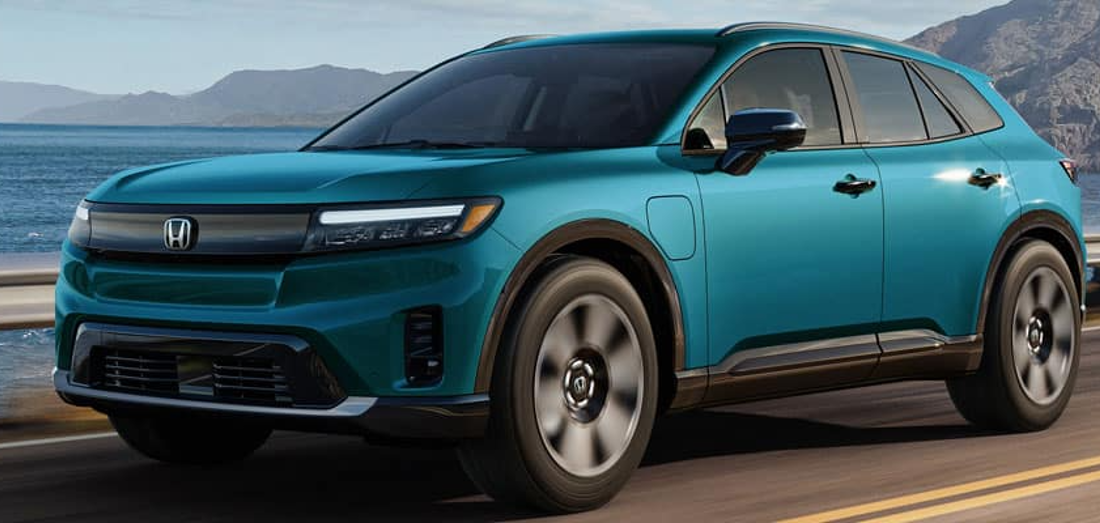Have you ever wondered if electric vehicles (EVs) are really less expensive to maintain than internal combustion engine (ICE) vehicles?
Perhaps you’ve heard statements like, “EV batteries won’t last more than five years” or “EVs require more maintenance as an owner.”
Let’s debunk some of the most common myths related to EVs compared to ICE vehicles when it comes to maintenance. Keep reading to learn the facts about electric vehicle benefits.
Less Maintenance, More Convenience
One of the most significant electric vehicle benefits is the reduced need for maintenance compared to traditional ICE vehicles. According to the U.S. Department of Energy, EVs typically require less maintenance because:
- The battery, motor, and associated electronics need little to no regular maintenance.
- Fewer fluids, such as engine oil, require regular maintenance.
- Brake wear is significantly reduced due to regenerative braking.
- There are far fewer moving parts relative to a conventional gasoline engine.
Because EVs run on battery power and have fewer internal fluids, they eliminate the need for regular oil changes and reduce the amount of maintenance required for ICE vehicles. For instance, the Argonne National Laboratory found that maintaining an EV transit bus costs 40% less than maintaining an ICE vehicle of the same size.
Lifetime Cost Efficiency
Electric vehicles are less expensive to maintain throughout their lifetime compared to ICE vehicles. The Nickel Institute conducted a study following EVs throughout their lifetime to compare the total cost of buying and maintaining them against ICE vehicles. The findings show that the total financial cost of owning an EV is often a compelling advantage for consumers. Argonne National Laboratory’s data shows that maintaining an ICE vehicle costs about 1.66 times more per mile than maintaining a BEV.
According to Wolfchase Honda, owners of ICE vehicles also have to budget for 2-3 oil services a year, which can cost between $25-$50 for regular oil and $45-$70 for synthetic oil per change. High-performance or luxury vehicles can push these costs even higher.
EV Battery Longevity
A common myth is that EV batteries die within five years, but this is far from the truth. The U.S. Department of Energy states that EV batteries are generally designed to last for the expected lifetime of the vehicle, typically 12 to 15 years, under normal operating conditions and moderate climates. Studies have shown that EV batteries degrade much slower than smaller batteries in devices like smartphones.
For instance, Geotab, a company that tracks battery performance in many EVs, published a study in 2018 showing a 2.3% annual degradation rate. Similarly, a 2020 survey by Which? found an 8% battery reduction over six years, translating to about a 1.33% reduction each year. These improvements are attributed to battery manufacturing and thermal management advancements, which help maintain battery health over time.
Warranties for Peace of Mind
Another important aspect of the electric vehicle benefits is the availability of extensive warranties for EV batteries. Many manufacturers offer eight-year/100,000-mile warranties for their plug-in electric vehicle (PEV) batteries, with some offering even longer coverage.
Electric Vehicle Benefits: The Bottom Line
The benefits of switching to an electric vehicle are clear. EVs require less maintenance, offer lower lifetime costs, have long-lasting batteries, and come with extensive warranties. Debunking the myths surrounding EV maintenance highlights electric vehicles’ economic and practical advantages over traditional ICE vehicles. With fewer components to maintain and the backing of warranties, EVs are great for those looking to make a smart, sustainable choice.
This post may contain affiliate links. Meaning a commission is given should you decide to make a purchase through these links, at no cost to you. All products shown are researched and tested to give an accurate review for you.




